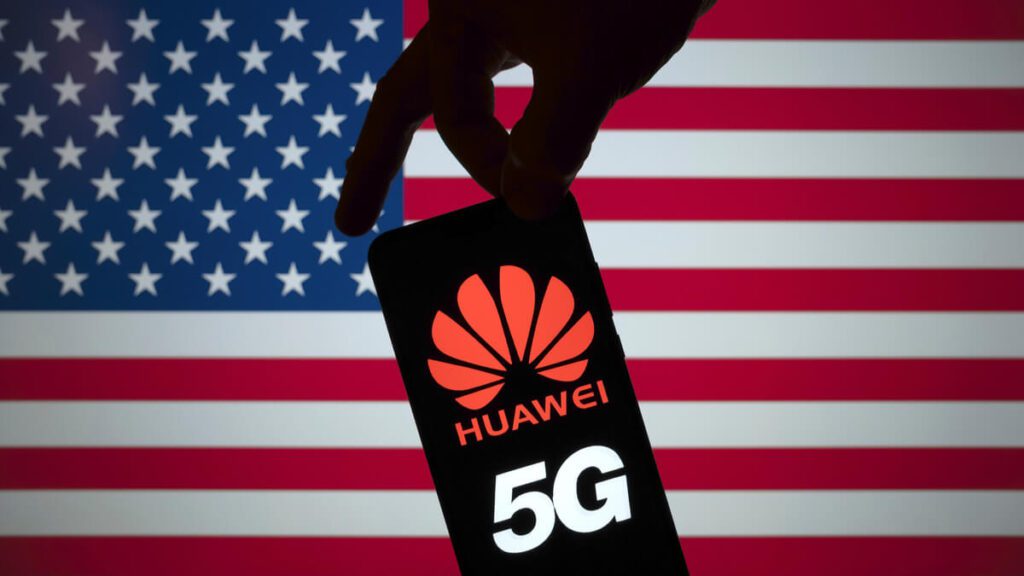
The exclusion of Chinese tech companies from Western countries’ fifth generation rollout efforts due to alleged security concerns will negatively impact the progression of the technology for years to come, a recent report highlighted.
According to a new report by global tech advisory firm ABI Research, phasing out vendors could hamper worldwide deployment by several years and overload network operators with bank breaking costs to replace already existing infrastructure.
“Our research shows that banning Huawei and ZTE from 5G deployments and restricting their access to silicon and semiconductor supply chains will have severe implications on economic performances. Furthermore, banning these Chinese vendors will hamper 5G and 6G R&D,” Leo Gergs, Research Analyst for 5G Markets at ABI Research, said in the report.
Gergs explained that banning Huawei and ZTE not only imposes additional costs for operators having to replace Huawei equipment from existing network deployments but also restricts the vendor landscape, reducing the degree of competition within the market.
“This imperfect competition inevitably decreases downward pricing pressure, forcing network operators to pay higher costs for network equipment than if they were under perfect competition conditions,” he added.
Matters have even escalated further.
Reuters reported that the outgoing Trump administration notified Huawei suppliers, among them chipmaker Intel, that it is revoking certain licenses to sell to the Chinese company and intends to reject dozens of other applications to supply the Chinese tech giant.
This restriction can easily prove to do more harm than good, especially for the American economy, as Huawei plans to start manufacturing their own chipset in a newly built factory in Shanghai, the ABI report explained.
“Even though Huawei will produce 5G chipsets for its products only, Huawei’s long-term ambitions will be to serve the entire Chinese market,” Gergs highlighted, adding that Chinese demand for U.S. chipsets will continuously decrease.
“American semiconductor companies generate a substantial portion of their revenues from China. The impending demand erosion will impact the U.S. semiconductor industry severely,” the report further emphasized.
It is also worth mentioning that phasing out these companies can result in negative implications on 5G standardization.
The report stressed that Huawei and other telecommunications companies are among the top contributors to the 3rd Generation Partnership Project (3GPP) – which is a program that unites telecom companies to develop protocols for mobile telecommunications.
Gergs noted that stripping Huawei from the opportunity to monetize this R&D investment will cause Huawei to reconsider and decrease their efforts. As a result, rollout, and evolution of 5G will suffer not only on a national level but also globally.
“Regulators need to be very careful and avoid taking a politically motivated decision on economic and technology matters,” Gergs warned. “To ensure that 5G can unveil its true transformative effect to the world, regulators and political bodies need to prevent the 5G rollout from becoming a bargaining chip for geopolitical interests.”
Thus, regulators and politicians need to fully access the consequences of what’s a stake when deciding to ban these vendors and look at the matter not only from a political perspective, but also from an economic and technological viewpoint.
“If certain network equipment were found to be insecure from a technology point of view, a healthy and unrestricted economic market would naturally move away from these infrastructure components. This would happen without the political intervention, which is harmful to the economy and will jeopardize the immense value that 5G and future generations of cellular connectivity will bring to societies around the globe,” the report concluded.